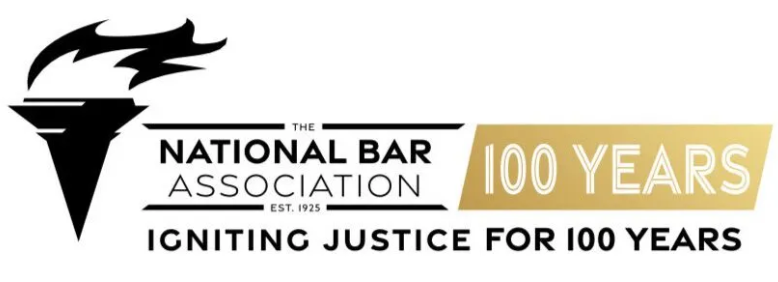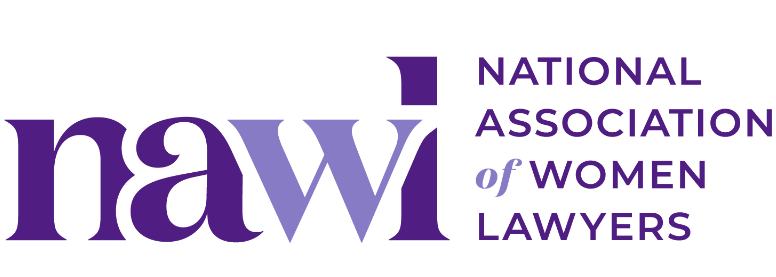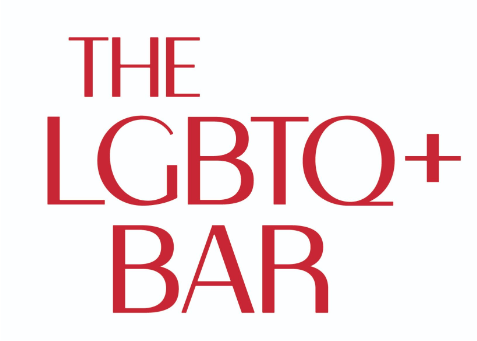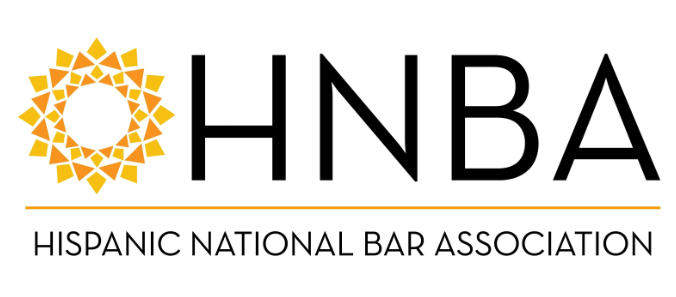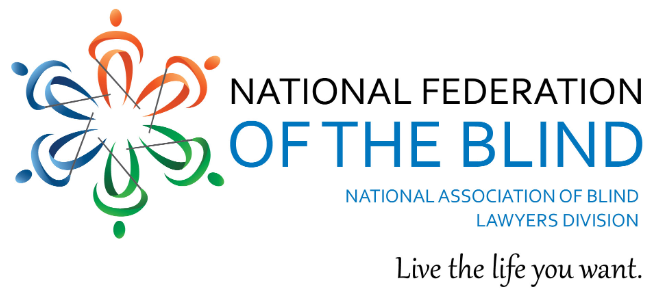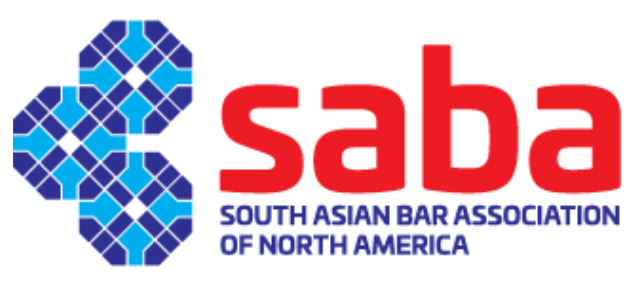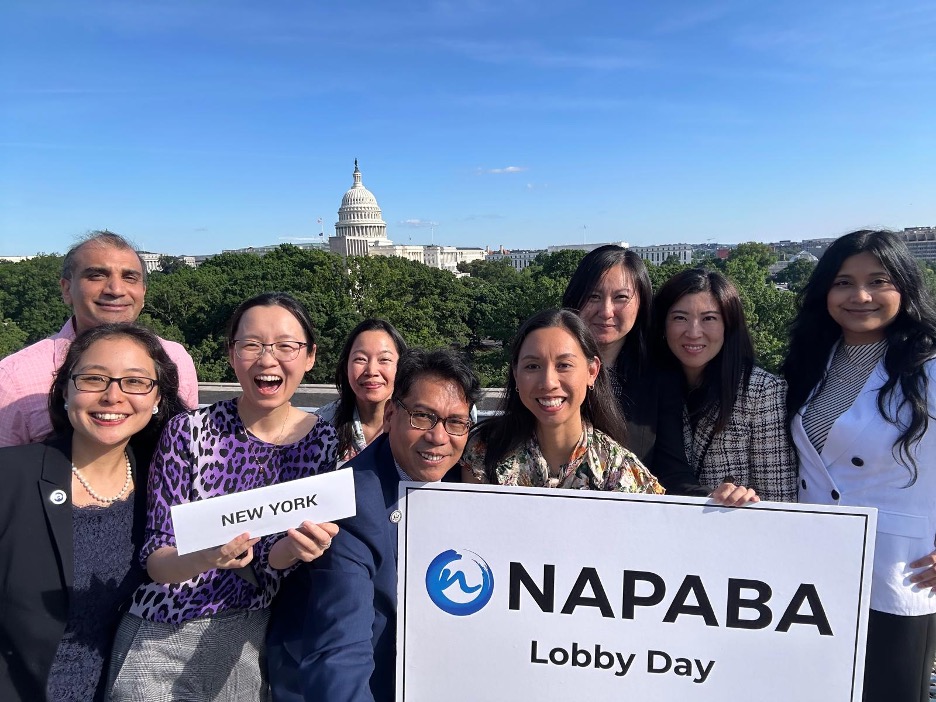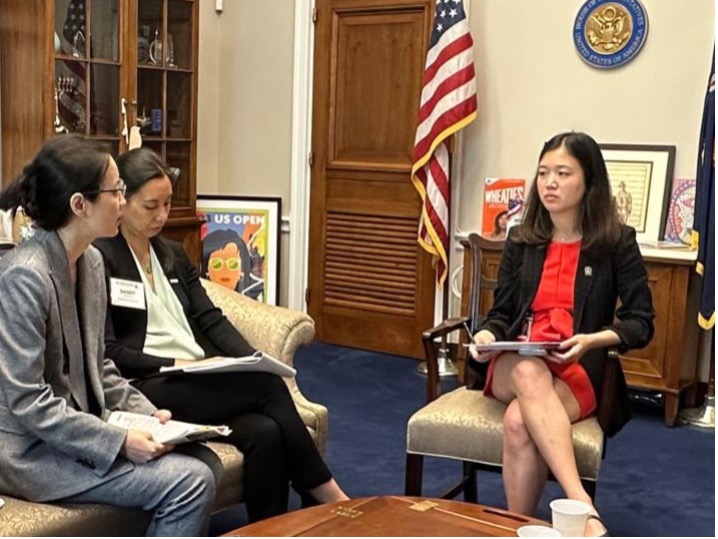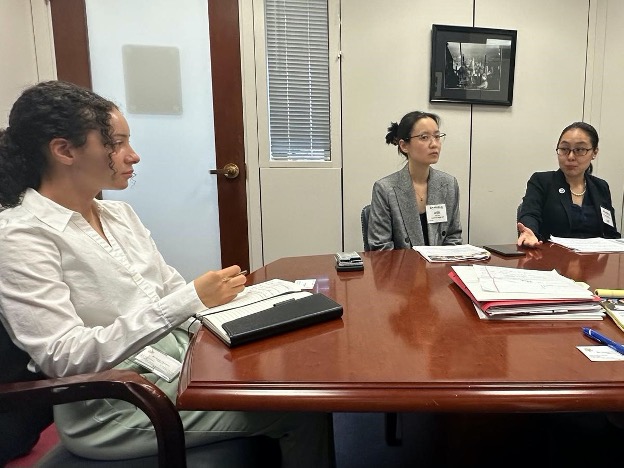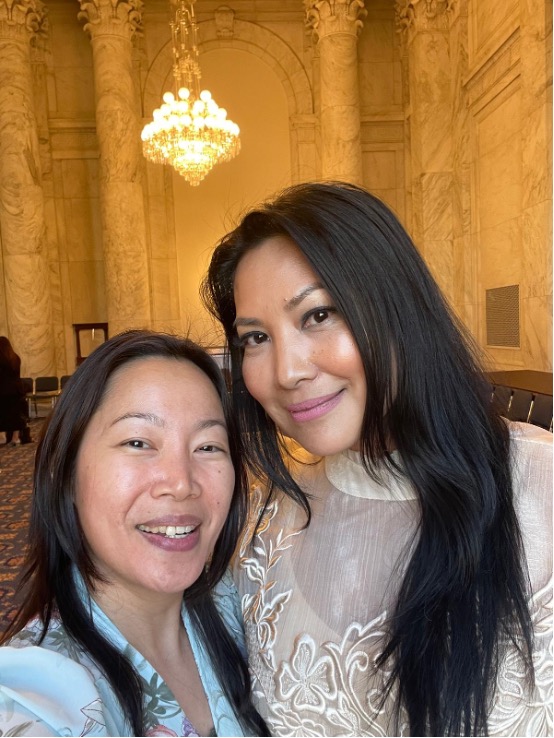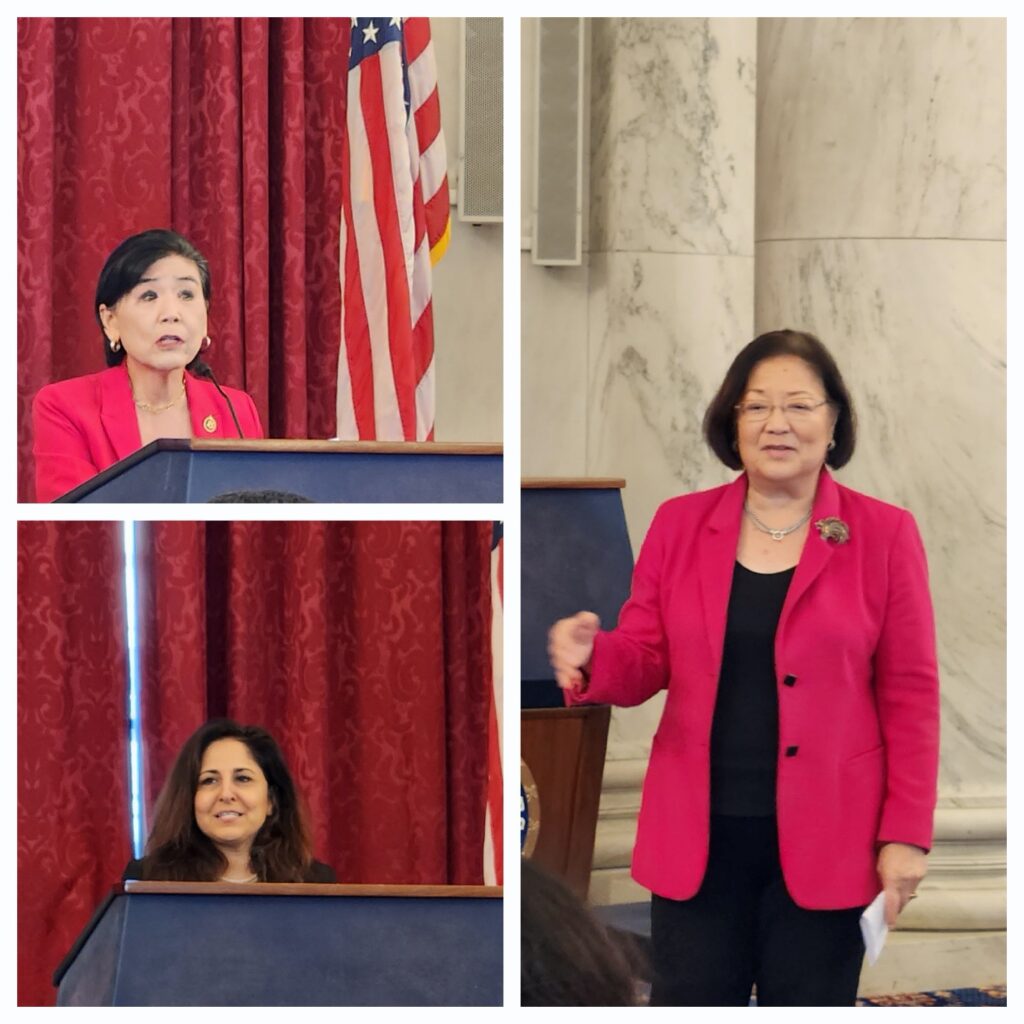
| For Immediate Release: Date: September 24, 2024 | Contact: Rahat N. Babar, Deputy Executive Director |
WASHINGTON – Today, the National Asian Pacific American Bar Association (NAPABA) submitted a written statement for the record to the United States Senate Judiciary Committee that highlighted the dangers of divisive, reckless rhetoric and called on leaders to guard against the continuing demonization of immigrants and communities of color. During the Committee’s hearing on September 17, 2024, entitled, “A Threat to Justice Everywhere: Stemming the Tide of Hate Crimes in America,” a senator baselessly accused one of the witnesses, Maya Berry, an Arab American civil rights leader, of supporting foreign terrorist organizations. Despite the witness clearly and repeatedly stating that she did not support such organizations, the senator continued to interrogate her relentlessly.
“We have seen this playbook before, unfortunately, and members of the Asian American, Native Hawaiian, and Pacific Islander (AANHPI) community are no stranger to such offensive, differential treatment solely because of their national origin or religion,” observed Anna Mercado Clark, President of NAPABA. “For example, in this same Committee nine months ago, Adeel Mangi, a nominee to be a judge of the U.S. Court of Appeals for the Third Circuit, also endured hostile treatment based solely on his religion. Our national leaders must do better to avoid dangerous rhetoric, which can lead to horrific results in our communities if left unchecked.”
“The disturbing episode involving Maya Berry is reminiscent of the historical experience of so many members of the AANHPI community being labeled as ‘perpetual foreigners,’” said Priya Purandare, Executive Director of NAPABA. “In recent years, we have seen states throughout the country introduce and enact restrictions on the property rights of Asian Americans, and during this hearing, the Committee heard testimony of the rise of hate against Asian Americans following the false scapegoating against them during the COVID-19 pandemic.”
Especially in this political season, NAPABA’s statement called on leaders to “avoid the reckless rhetoric” and on all Americans to “unite in common cause to tackle our Nation’s problems together.”
###
The National Asian Pacific American Bar Association (NAPABA) represents the interests of over 80,000 Asian Pacific American (APA) legal professionals and nearly 90 national, state, and local APA bar associations. NAPABA is a leader in addressing civil rights issues confronting Asian American, Native Hawaiian, and Pacific Islander communities. Through its national network, NAPABA provides a strong voice for increased diversity of the federal and state judiciaries, advocates for equal opportunity in the workplace, works to eliminate hate crimes and anti-immigrant sentiment, and promotes the professional development of people of all backgrounds in the legal profession.





